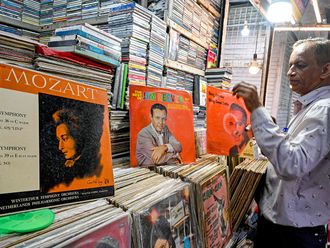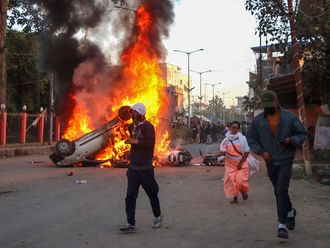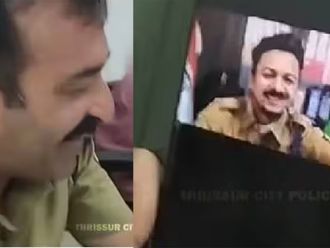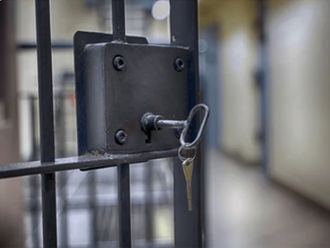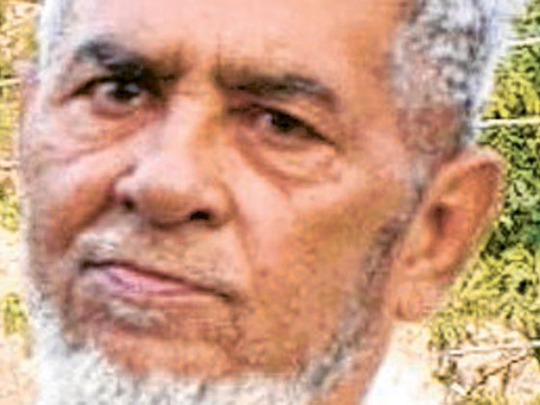
Jaipur: Renewed efforts are being made by the People's Union for Civil Liberties (PUCL) for the release of octogenarian Dr Mohammad Khalil Chisti, who has been languishing in Ajmer jail since 1992.
An Ajmer court sentenced him to life imprisonment in April this year for the death of a man called Idris in a group clash near the premises of the dargah (mausoleum) of Khwaja Moinuddin Chisti in Ajmer. It was an altercation between cousins over property. Dr Chisti was present when Idris died of an injury suffered during the scuffle.
After a case was registered in the Ganj police station in Ajmer, Dr Chisti, who is a reputed virologist in Pakistan, was put on a prolonged trial along with three others — Yasir Chisti, Aqil Chisti and Farooq Chisti.
The court in Ajmer convicted and sentenced Dr Chisti and the other accused to life imprisonment and fined them Rs20,000.
An appeal for a suspension of the sentence, by Dr Chisti in the Rajasthan High Court, was rejected on the grounds that he was a Pakistani national and ‘no leniency' could be shown in his case. Suspended sentences were granted for the other convicted men.
Nineteen years later, Dr Chisti, is still languishing in Ajmer central jail. The PUCL delegation led by general secretary Kavita Shrivasatav met Rajasthan's Chief minister Ashok Gehlot and submitted a memorandum pleading for his release on humanitarian grounds because of his age and the ailment. The Supreme Court judge Markanday Katju asked the Union government to consider his release because of his age.
Under review
The Rajasthan government is still examining the issue of his release. The file which was sent to the Governor Shivraj Patil is being examined by the law and Home department to ascertain under which law he could be released.
Dr Chisti has suffered immensely because of the glacial speed under which the judiciary in India works.
The issue of Dr Chisti gained momentum after the release of Gopal Dass, an Indian citizen who spent 27 years in a Pakistani jail for espionage activities.
He was released when the Supreme Court of India appealed to the Pakistani government. The two governments have decided to speed up the release of other prisoners.
Many people are arrested by the two countries for minor offences.
Arrests are sometimes used to settle scores between the two countries. Social activists in both countries have raised their voice against the detentions.
Human rights activist and former inspector-general of prisons (Rajasthan) Radhakant Saxena said he was surprised the state government was taking so long to decide the issue.


